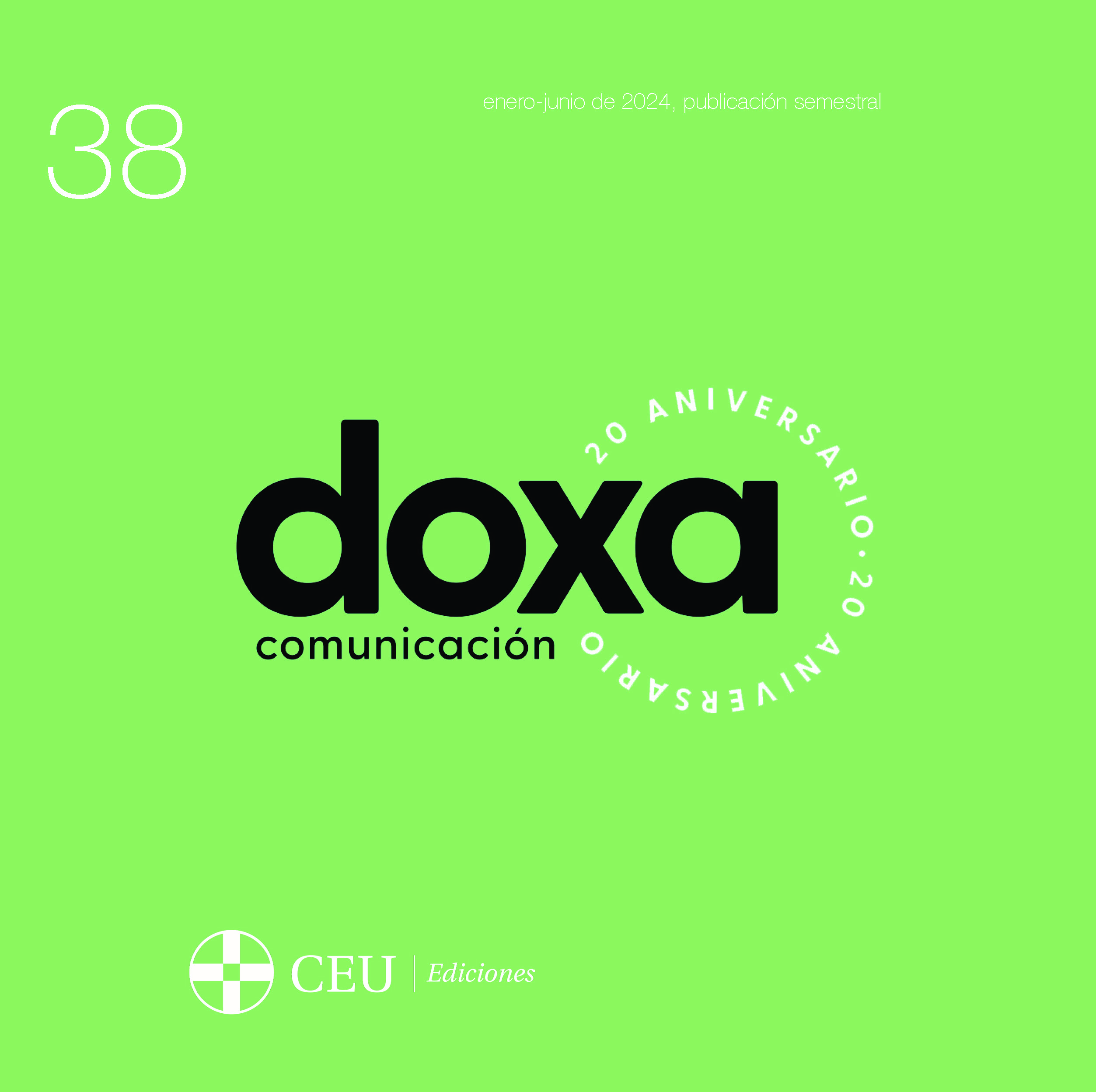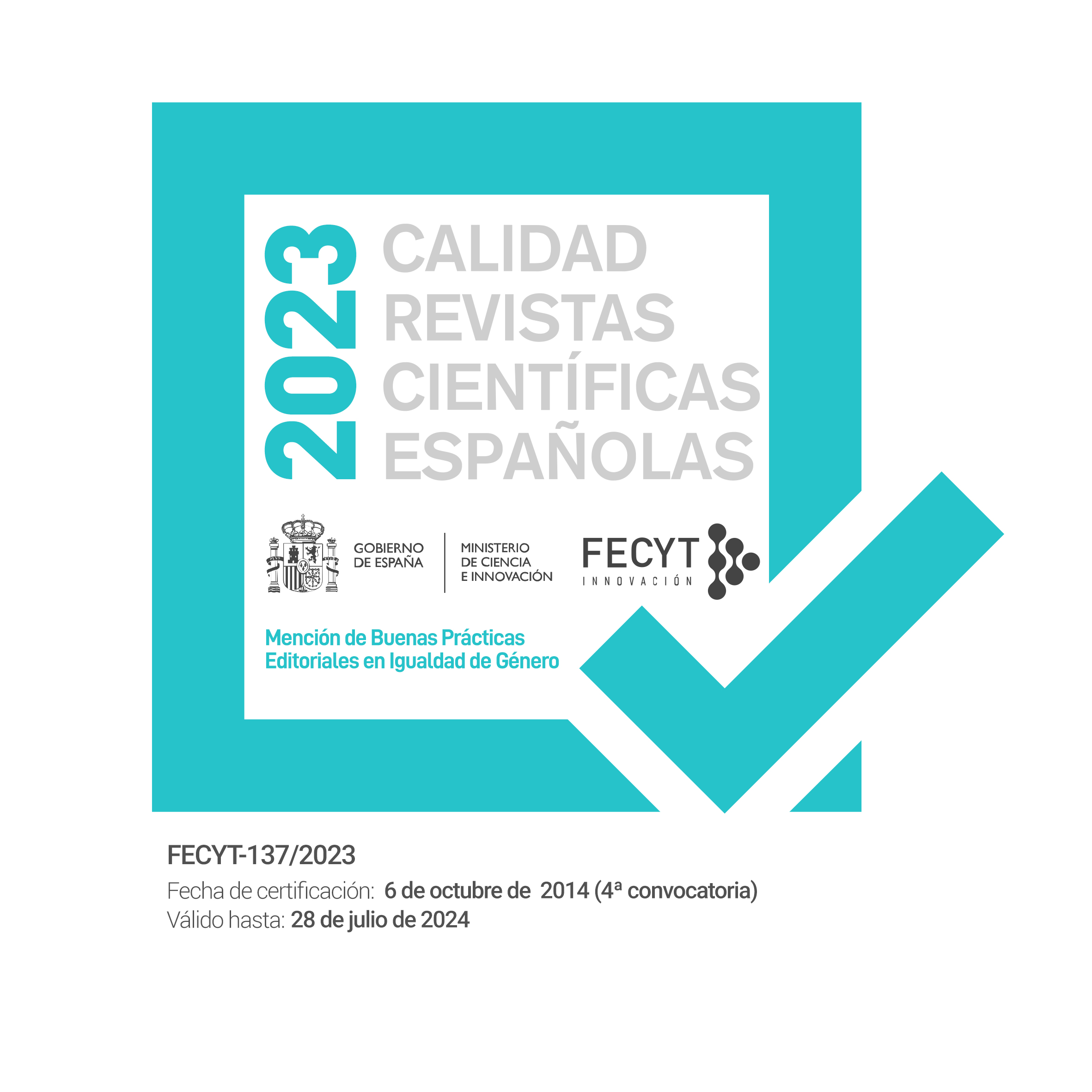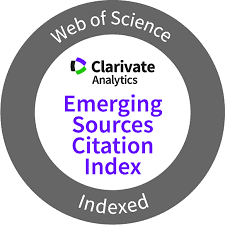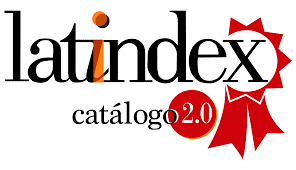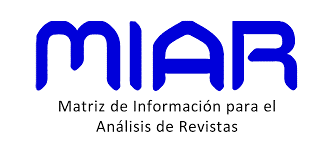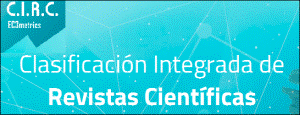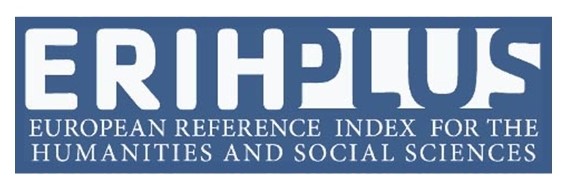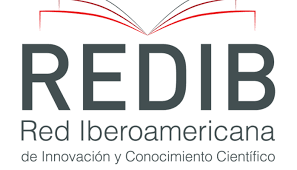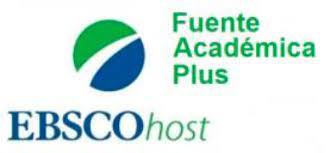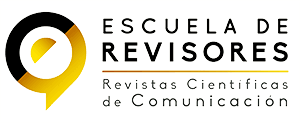Iniciativas de verificación de datos en el ámbito latinoamericano. Un análisis sexo/género
DOI:
https://doi.org/10.31921/doxacom.n38a1953Palabras clave:
Fact-checking, verificación de la información, desinformación, fake news, análisis sexo-géneroResumen
La implantación masiva de las Tecnologías de la Relación, la Información y las Comunicaciones, especialmente las redes sociales y la modificación de hábitos de consumo informativo en un sistema híbrido de medios han desencadenado la proliferación exponencial de noticias falsas. Ante esta situación, se desarrollan iniciativas dedicadas a la verificación de datos, cuya misión es desmontar los contenidos inveraces del discurso político o mediático. Se analizan estas iniciativas en Iberoamérica para conocer sus características atendiendo especialmente al papel que desempeñan las mujeres en esta nueva profesión, mediante el estudio de caso de los proyectos recogidos en el informe anual del censo del Reporters’ Lab (n=54). Los datos muestran que la mayoría se iniciaron en 2018-2019 y siguen activos, están vinculados a la sociedad civil y han creado redes para favorecer la cooperación frente a los poderes establecidos. Las mujeres representan más de la mitad de la fuerza laboral. Esta investigación cuantifica, en un contexto laboral y periodístico no paritario, el porcentaje de mujeres verificadoras, y concluye que es mayoritario, incluso en los puestos directivos. Se reflexiona sobre cómo este modelo de negocio ofrece oportunidades para la igualdad a pesar del peligroso escenario iberoamericano para el periodismo y las mujeres.
Descargas
Citas
Amorós, M. (2018). Fake News. La verdad de las noticias falsas. Barcelona: Plataforma Editorial.
Calvo, E. y Aruguete, N. (2021). Chequeado en Argentina. Fact checking y la propagación de noticias falsas en las redes sociales. Chequeado and University of Maryland. https://shre.ink/UDCh
Cambridge Dictionary (2023). Cambridge Dictionary (2023). Fake news en Cambridge Dictionary. Recuperado en octubre 2023. https://dictionary.cambridge.org/es/diccionario/ingles/fake-news
Chadwick, A. (2017). The hybrid media system: Politics and power. Oxford University Press.
Collins Dictionary (2023). Collins Dictionary (2023). Fake news en Collins Dictionary. Recuperado en octubre 2023. https://www.collinsdictionary.com/dictionary/english/fake-news.
Dafonte-Gómez, A., Corbacho-Valencia, J. M., & García-Mirón, S. (2021). El fact-checking en Iberoamérica: Evolución reciente y mapa de situación. En J. Sotelo González & J. González García (Eds.), Digital Media. El papel de las redes sociales en el ecosistema educomunicativo en tiempo de COVID-19 (pp. 877-889). McGraw-Hill.
Duke University Reporters’ Lab (2023). Fact-Cheking. https://reporterslab.org/fact-checking/
Elizabeth, J. (2014). Who are you calling a fact checker? American Press Institute. https://shre.ink/UDCT
European Commission, Directorate-General for Communications Networks, Content and Technology, (2018). A multi-dimensional approach to disinformation: report of the independent High level Group on fake news and online disinformation, Publications Office. https://data.europa.eu/doi/10.2759/739290
European Commission (2018). Flash Eurobarometer 464. Fake news and disinformation online. https://europa.eu/eurobarometer/surveys/detail/2183
European Fact-Checking Standards Network. EFCSN (2022). https://efcsn.com/
De Frutos García, R. A. y Jorge Alonso, A. (2022). Informar frente a la doble vulnerabilidad: Seguridad de mujeres periodistas en México, Colombia y Honduras (2012-2018). IC Revista Científica de Información y Comunicación, (19), 675-702. https://doi.org/10.12795/IC.2022.I19.29
Funke, D. (2019). Men outnumber women in U.S. newsrooms. It’s no different among fact-checkers. Poynter. https://shre.ink/UDJB
Global Media Monitoring Project (2021). GMMP 2020-2021 Final Report. https://whomakesthenews.org/gmmp-2020-final-reports/
Graves, L. y Amazeen, M.A. (2019). Fact-Checking as Idea and Practice in Journalism. Oxford Research Enclyclopedia. https://doi.org/10.1093/acrefore/9780190228613.013.808
International Fact-Checking Network. IFCN (2016). Code of Principles. https://ifcncodeofprinciples.poynter.org/
International Fact-Checking Network. IFCN (2023). Verified signatories of the IFCN code of principles. https://ifcncodeofprinciples.poynter.org/signatories
International Fact-Checking Network. IFCN. (2023) 2022 State of the Fact-Checkers Report. https://shre.ink/UDJg
Journell, Wayne (2017). Fake news, alternative facts, and Trump: Teaching social studies in a post-truth era. Social Sudies Journal, 37 (1), 8-21. https://home.uncg.edu/~awjourne/Journell2017ssj.pdf
Mayoral, J., Parratt, S., & Morata, M. (2019). Desinformación, manipulación y credibilidad periodísticas: una perspectiva histórica. Historia y comunicación social, 24(2), 395. https://dx.doi.org/10.5209/hics.66267
Mridha, M. F., Keya, A. J., Hamid, M. A., Monowar, M. M., y Rahman, M. S. (2021). A comprehensive review on fake news detection with deep learning. IEEE Access, 9, 156151-156170.
Newman, N., Fletcher, R., Robertson, C. T., Eddy, K., y Nielsen, R. K. (2022). Digital News Report 2022. Oxford: Reuters Institute for the Study of Journalism. www.digitalnewsreport.org/2022
New YorkTime (2017). Here’s How the First Fact-Checkers Were Able to Do Their Jobs Before the Internet. https://time.com/4858683/fact-checking-history/
Nyhan, B. y Reifler, J. (2015). The effect of fact‐checking on elites: A field experiment on US state legislators. American Journal of Political Science, 59(3), 628-640.
Organización Nacional del Trabajo. ILOSTATS (2023). The leading source of labour statistics. https://shre.ink/UDa0
Organización Nacional del Trabajo. ILOSTATS (2023-1). Labour force by sex and age (thousands) - Annual. https://shre.ink/UDaF
Organización Nacional del Trabajo. ILOSTATS (2023-2). Employment by sex and age (thousands) – Annual. https://shre.ink/UDa1
Organización Nacional del Trabajo. ILOSTATS (2023-3). SDG indicator 5.5.2-Proportion of women in managerial positions (%)-Annual. https://shre.ink/UDNZ
Oxford Internet Institute. (2021). Global Inventory of Organised Social Media Manipulation: The Global Disinformation Order 2019. https://shre.ink/UDN1
Palau-Sampio, D. (2018). Fact-checking y vigilancia del poder: La verificación del discurso público en los nuevos medios de América Latina. Communication & Society, 347-363. https://doi.org/10.15581/003.31.3.347-363
Reuters Institute (2023). Mujeres y liderazgo en los medios informativos en 2023: evidencias de 12 mercados. https://shre.ink/UDNg
Rodríguez Pérez, C. (2019). No diga fake news, di desinformación: una revisión sobre el fenómeno de las noticias falsas y sus implicaciones. Comunicación, 40, 65-74. https://doi. org/10.18566/comunica.n40.a05
Rodríguez Pérez, C (2020). Una reflexión sobre la epistemología del fact-checking journalism: retos y dilemas. Revista de Comunicación, 2020, vol.19, N° 1. https://doi.org/10.26441/RC19.1-2020-A14
Rubin, V. L, Chen, Y. y Conroy, N. J. (2015). Deception Detection for News: Three Types of Fakes. The Proceedings of the Association for Information Science and Technology Annual Meeting ASIST 2015, November 6-10, 2015, St. Louis, MO, USA.
Sánchez González, M., Sánchez Gonzales, H. y Martínez Gonzalo, S. (2022). Inteligencia artificial en verificadores hispanos de la red IFCN: proyectos innovadores y percepción de expertos y profesionales. Estudios sobre el Mensaje Periodístico, 28 (4), 867-879. https://doi.org/10.5209/esmp.82735.
Stencel, M., Ryan, E. y Luther J (2023). Misinformation spreads, but fact-checking has leveled off. https://shre.ink/UDmF
Stencel, M., Ryan, E. y Luther J (2022). Fact-checkers extend their global reach with 391 outlets, but growth has slowed. https://shre.ink/UDmk
Segura, M. S. (2014). Desintermediación y participación: los nuevos roles de periodistas y públicos en los medios no lucrativos. La trama de la comunicación, 18(1), 115-133.
Tejedor, S., Cervi, L. y Tusa, F. (2022). Periodismo en contextos de violencia, principales problemas y posibles vías de solución: percepciones de periodistas latinoamericanos. Revista de Comunicación, 21(2), 285-306. Epub 22 de septiembre de 2022. https://dx.doi.org/10.26441/rc21.2-2022-a14
Thomas, A. (2017). Sharing Is Caring: The Year of the Mentor. NiemanLab. https://shre.ink/UDJP
UTECA y Universidad de Navarra (2022). I Estudio sobre la desinformación en España. https://shre.ink/UDJi
Vosoughi, S., Roy, D. y Aral, S. (2018). The spread of true and false news online. Science 359, 1146–1151. https://www.doi.org/10.1126/science.aap9559
Vizoso, A. y Vázquez-Herrero, J. (2019). Plataformas de factchecking en español. Características, organización y método. Communication & Society, 32(1), 127-144. https://www.doi.org/10.15581/003.32.1.127-143
Walter, N., Cohen, J., Holbert, R. L. & Morag, Y. (2020). Fact-Checking: A Meta-Analysis of What Works and for Whom. Political Communication, 37(3), 350-375. https://www.doi.org/10.1080/10584609.2019.1668894
Wardle, C. y Derakhshan, H. (2017). Information Disorder: Toward an interdisciplinary framework for research and policy making. Consejo de Europa. https://shre.ink/UDJh
Westlund, O. y Ekström, M. (2018). News and Participation through and beyond Proprietary Platforms in an Age of Social Media. Media and Communication 6 (4): 1–10.
Zippia (2023). Fact Checker Demographics and statistics in the US https://www.zippia.com/fact-checker-jobs/demographics/
Descargas
Publicado
Cómo citar
Número
Sección
Licencia
Derechos de autor 2023 María Francisca Montiel Torres, Laura Teruel Rodríguez

Esta obra está bajo una licencia internacional Creative Commons Atribución-NoComercial 4.0.

